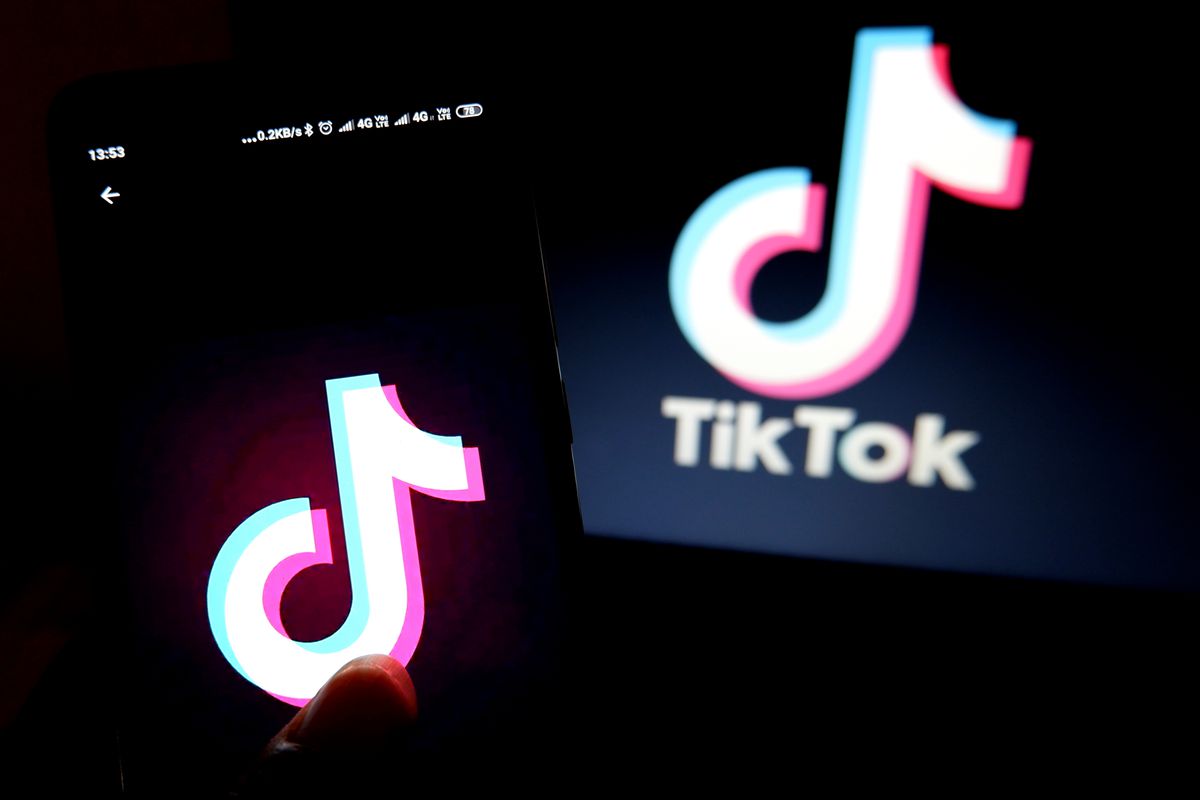Mobile apps can spy on you unnoticed. Today, TikTok does it. Tomorrow, any other service could follow, also the governmental one. Users should be aware of the risks they take when using apps on their smartphones.
TikTok's owner company confirmed that they monitored the physical location of journalists exploring the app. Data on their location was aligned with the sites where the company employees visited to identify persons reporting the information outside. It shows that the company also monitors their own employees but the fact did not receive the sufficient attention. Forbes journalists consider such surveillance an attack on freedom of speech.
Since last year TikTok service was the most visited in the world, they have accumulated a huge amount of data about millions of people. The app knows a good deal about their users. It saves your face and voice imprints; it can identify your age and gender from your videos; it knows what you are typing on the keyboard, even when you merely enter a text message to your mother in Viber; it sees photos or videos in your phone's clipboard, as well as your geolocation.
Online services collect information about us in order to offer advertising based on our behavior or to sell the collected data to third parties. However, there is a risk here: employees with access to the data may use it other than set in user agreements, either willingly, or upon their managers' orders.
After all, the very idea that an entertainment app spies on people is already a bad thing. Previously, Uber and Facebook have also been caught doing it. However, such situations allow us to talk more about privacy, technology and their impact on political life.
In particular, Clearview, a company that provides facial recognition services and operates in Ukraine, illegally collected data to train their algorithms, and then sold them to the police, governments, or private individuals. That is why it is important to take a meaningful approach to what applications to use, especially if you work with socially sensitive materials.
In Ukraine, there are government services used by millions of citizens. These apps also collect information that can then be used to fox on individuals, among other things, and influence their political decisions. For example, apps may offer to participate in a politically important survey only to a certain part of users whose views will be the most loyal.
Every technology developed by the government should be transparent. Users need to know what platform the application uses, what data it collects, where it stores it, and how it manages it. It is also important to understand whether developers from Russia or other hostile countries have been involved in programming because they may be interested in external access or influence the functioning of the app.
Yurii Lisovskyi specially for CENSOR.NET
